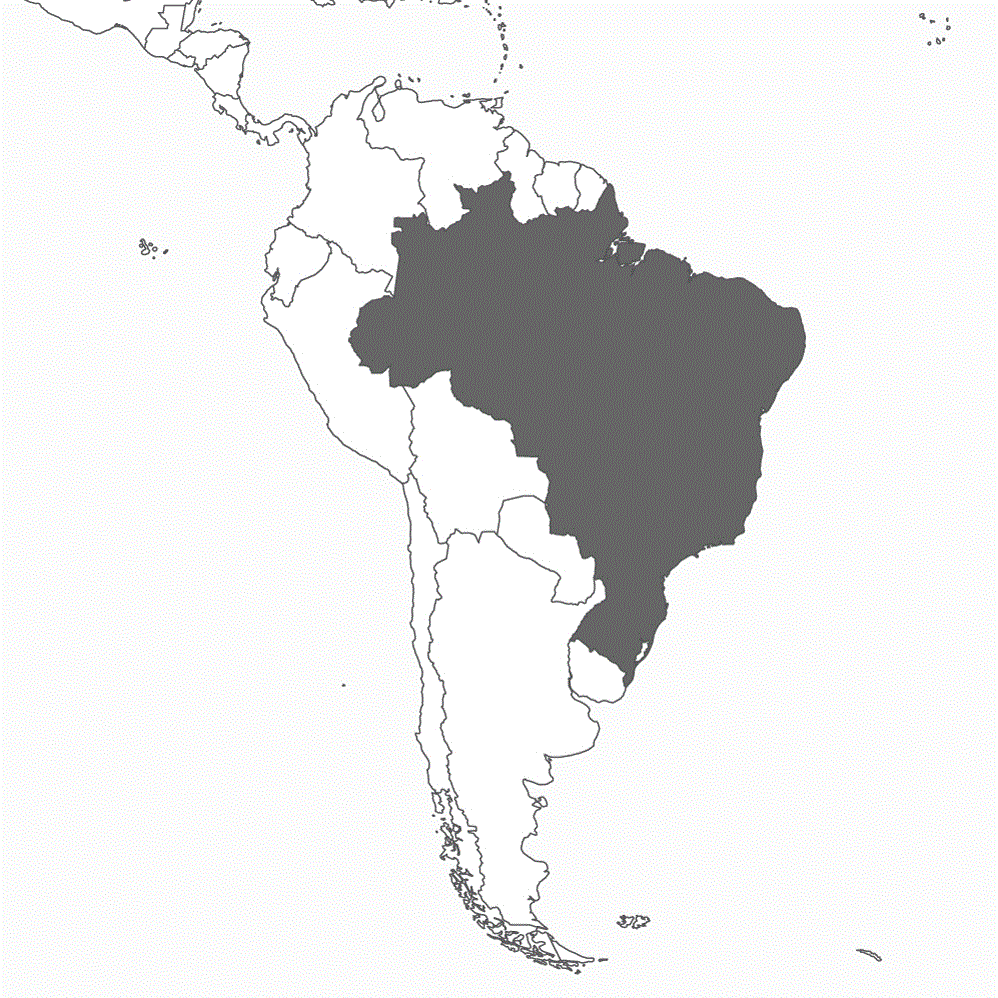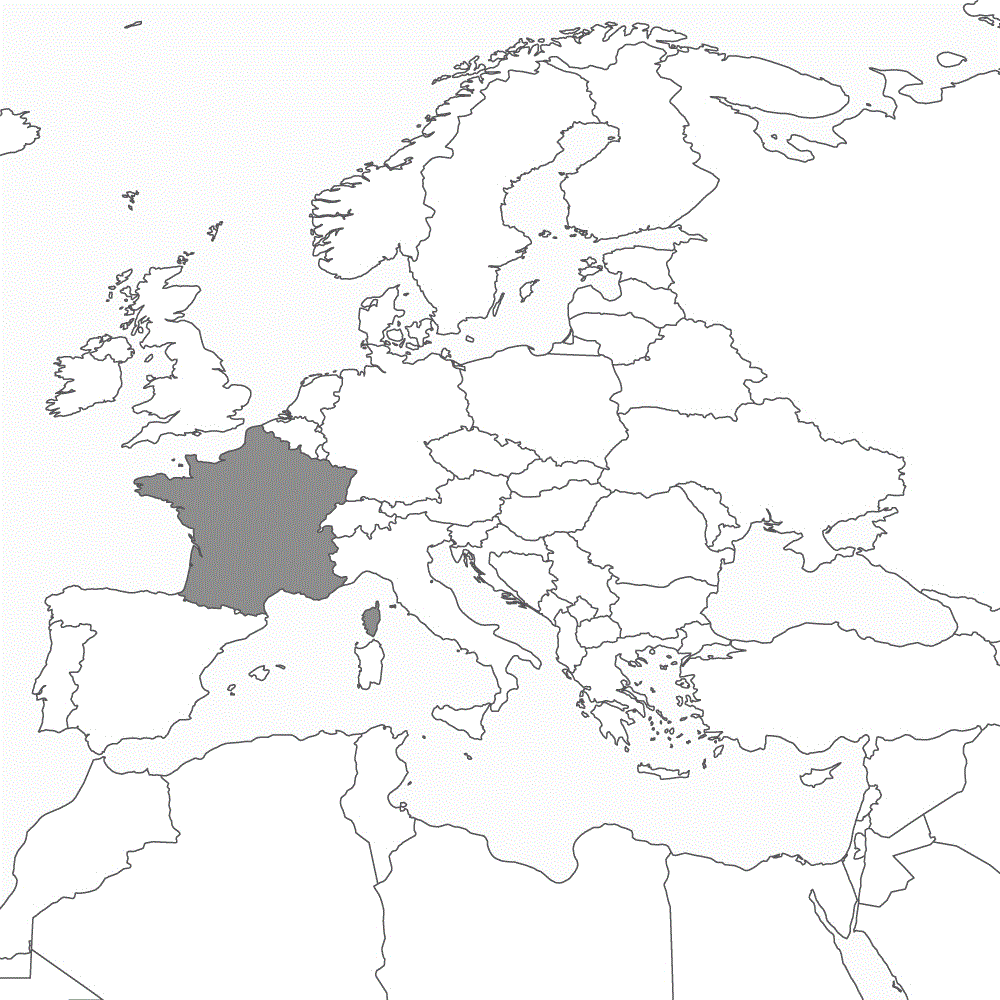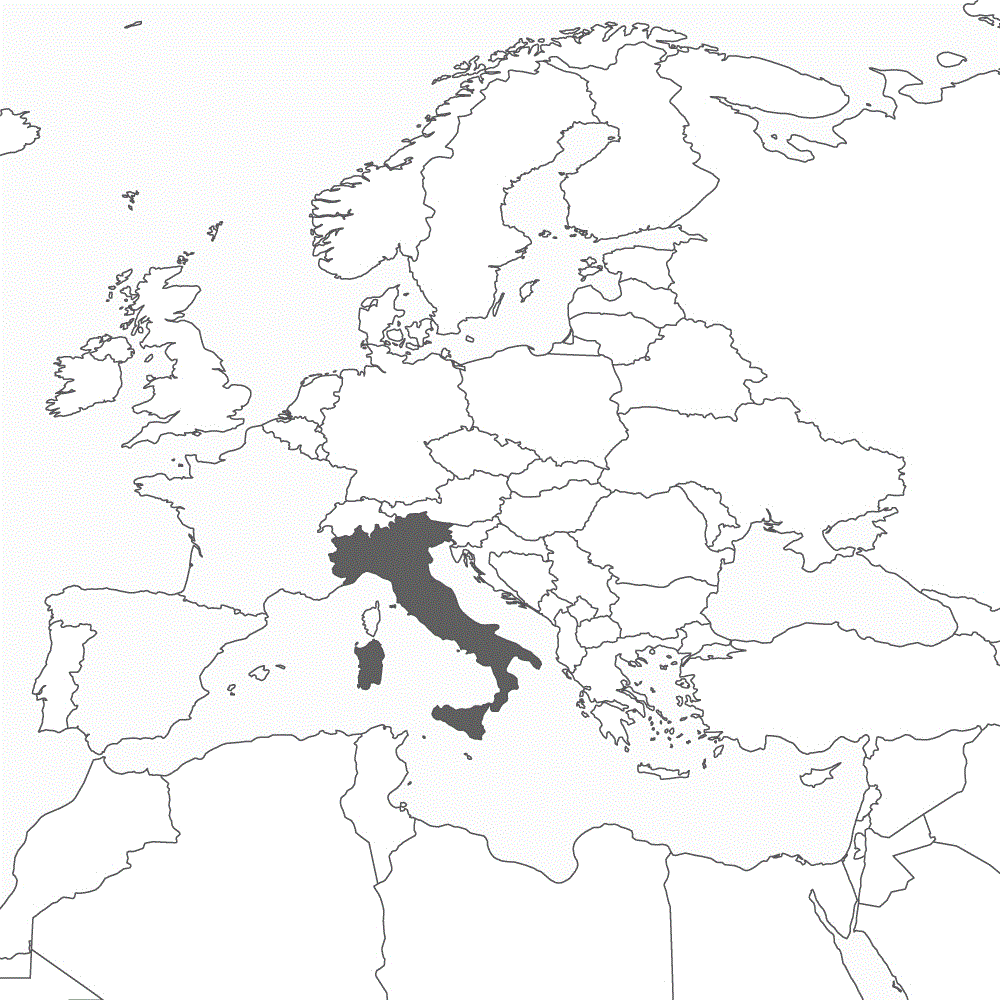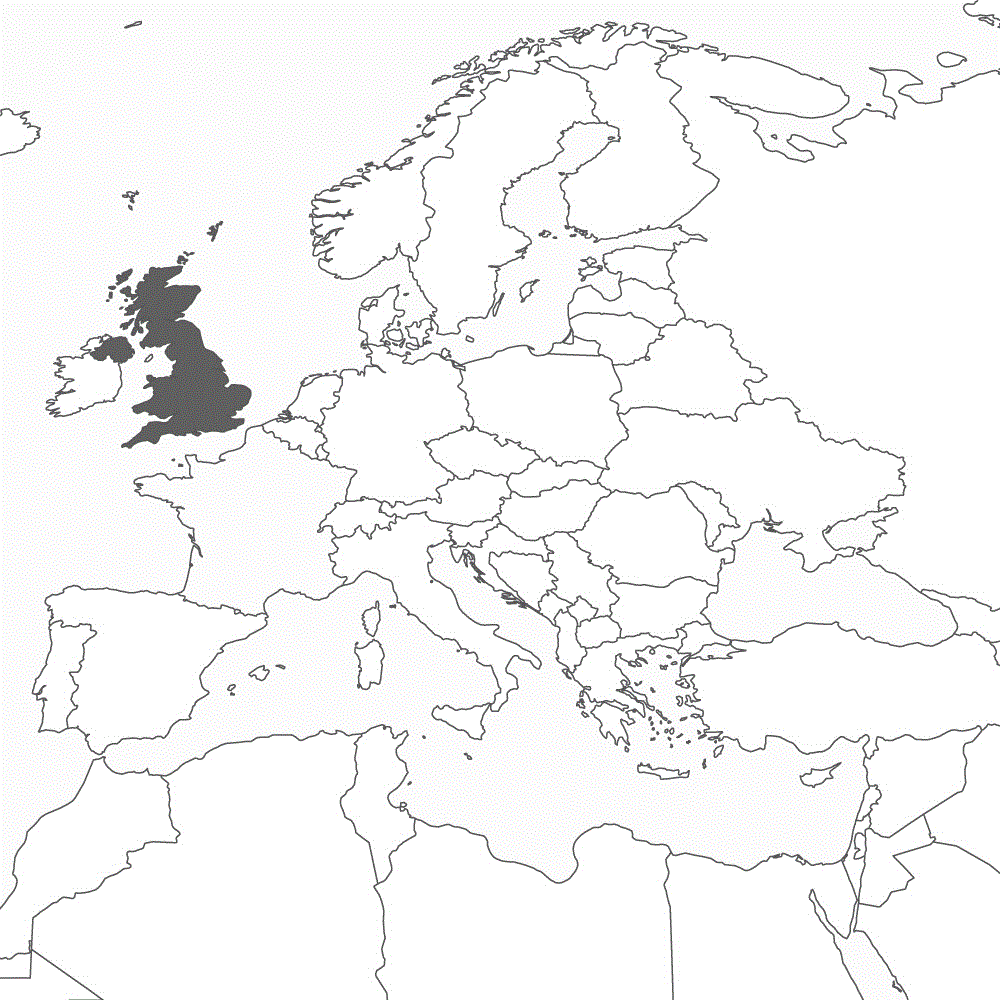BERLIN/BRASÍLIA/BOGOTÁ (Own report) - Under pretext of rallying "allies for human rights," Germany's Foreign Minister, Heiko Maas (SPD) will meet the two most right-wing presidents of South America. His interlocutor on Tuesday, Jair Messias Bolsonaro, is an avowed supporter of Brazil's military dictatorship. Already within the first month of his incumbency, police murders have drastically increased in his country. Columbia's President Iván Duque, whom Maas will meet thereafter, opposes the peace treaty with the FARC insurgents. Over the past two and a half years, more than 300 government opponents have been assassinated in that country - in most cases with impunity. While the foreign ministry is speaking of having a "foundation of shared values" with Bolsonaro and Duque, Berlin is actually seeking to rally allies in its struggle against China and Russia and to strengthen its position in Latin America vis-à-vis Washington. It is also striving to obtain access to sanctions-proof markets for Germany's export industry. Read more
PARIS/BERLIN (Own report) - French President Emmanuel Macron announced "confrontations" with Berlin ahead of his meeting with German Chancellor Angela Merkel on 29 April. The background is that while the German government is consistently demanding France’s loyalty in asserting German interests in the EU, it is also consistently slowing down Parisian advances in favour of French interests. From Macron's point of view, this is all the more serious because he is pushing through a German-inspired austerity policy and is therefore exposed to massive protests, but cannot achieve the successes in European and foreign policy that are indispensable to balance the two: Berlin denies it to him. Already in February Macron began attacking German interests in the EU, first in the dispute over the Nord Stream 2 pipeline; the "confrontations" are intended to force the German government to give in. While his predecessors had failed, Macron can now rely on Brexit: Without Great Britain, Germany would no longer have a majority at EU level on important economic policy issues. Read more
BERLIN (Own report) - Nebulous warnings from anonymous intelligence officials are sustaining Brussels and Berlin's campaign against alleged Russian interference in the European election campaign. German flagship media are quoting intelligence officials saying that "efforts" are being made "to support Russia-friendly or EU-critical parties." Presenting no evidence, they claim instead that, in this case, Russian activities are "less visible" than in other cases. The EU has increased its staff and means for its "EU East Stratcom Taskforce," claiming to reveal "pro-Kremlin" propaganda, while openly making propaganda for the European Union. With an annual budget of five million euros, the Taskforce is propagating fake news. To such allegations about Russia's "hybrid war, " advanced, for example, by a US specialist on Russia in an article on the so-called "Gerasimov doctrine," German military officials respond "they are not doing anything different from us." Playing on anti-Russian sentiment, Berlin is increasingly attacking not only the foreign enemy, but also the domestic opposition - as alleged puppets of Moscow. Read more
ROME/BERLIN (Own report) - Financial experts from Switzerland's major UBS bank are warning of Italy's considerable risks in the case of a recession in the euro zone and they do not rule out the country's exit from the euro. If there is a recession, Rome must expect credit downgrades, UBS notes. Its national debt could easily soar out of control, and leaving the euro possibly could no longer be avoided. A fierce dispute is looming between Berlin and Brussels, on the one hand, and with Rome on the other, because Italy's budget deficit is higher than expected, due to its significant economic slump. Brussels and Berlin are currently only hesitant about engaging in the dispute because of the conflict over the Brexit and particularly because of the approaching EU elections, according to observers. At the same time, Germany is, itself, also moving toward stagnation, not least of all, because of a slump in Germany's export-dependent automotive industry. Read more
BERLIN (Own report) - Germany is still paying war victims' pensions to Nazi collaborators abroad, while refusing any compensation to the numerous victims of the Nazis. As was reported a few weeks ago, more than 2000 former Nazi collaborators, living in various European countries, are still receiving monthly state pensions of up to €1,275 from Germany. This has caused considerable anger. However, the administration offices in charge are willing to "examine" the cases of only four former members of the Waffen-SS living in the Netherlands. The German state pays a monthly total of three-quarters of a million euros to former collaborators - whereas it is not in a position to pay a symbolic €2,500 as compensation to an 83-year-old man, who, had been abducted as a child from his parents in occupied Poland to be "Germanized" in Germany. Last week, a German court rejected his final appeal. The Nazis had abducted up to 200,000 children to the Reich. Read more
BERLIN/WASHINGTON (Own report) - The flagship foreign policy periodical of the United States is warning of a resurgence of the "German question." Following the outbreak of the euro crisis and Germany's imposition of austerity dictates, distinct front lines crystallized within the EU, where there was much talk of creating a coalition in opposition to German dominance, reported the globally read specialized periodical "Foreign Affairs" a few days ago. Germany, on the other hand, sees itself under attack in its prosperity by allegedly "weak economies." This article was published just prior to last week's NATO anniversary summit in Washington, where the conflict between Berlin and Washington again escalated. The Trump administration has repeated its demand not only for a rapid increase in the German military budget, but also for an end to construction on the Nord Stream 2 pipeline. This conflict is flanking German-European efforts to gain greater "strategic autonomy" in relationship to the United States. Read more
BERLIN/LONDON (Own report) - Germany's Minister of the Economy, Peter Altmaier, warns of the consequences a "hard" Brexit would have on Germany, and sees the danger of the loss of "thousands of jobs." Brussels and London must absolutely "prevent the big crash at the last moment," declared Altmaier yesterday. The Federation of German Industries (BDI) had already warned that a hard Brexit could cost Germany a half-percentage point in growth - €17 billion this year alone. For months, think tanks have been pointing out that Germany would be the country most affected on the continent, if the United Kingdom makes an unregulated exit. Germany possibly may have to expect double-digit billions in annual losses. Most recently, the Bertelsmann Foundation assumed that the losses could be broken down to €115 per inhabitant of Germany. Those losses are looming at a time, when the German economy is in danger of slipping into a recession. Berlin and Brussels could prevent a hard Brexit by setting a time limit on the "backstop," however, they are still hoping for a second referendum - and upping the ante. Read more
BERLIN/MOSCOW/WASHINGTON (Own report) - German business circles are readying themselves for a new round of US sanctions against Russia and are warning against a second "Iran scenario, " because of a comprehensive package of US punitive measures, intended to affect also all Russian energy projects abroad. The new sanctions may not only prevent an LNG terminal Novatek plans to build in Rostock, but also facilitate steps against the three - of the twelve - large German refineries in which Rosneft holds shares. As in the case of Iran, from which German companies have almost completely withdrawn following the imposition of US sanctions, the fear of Washington's punitive measures is now foiling new business deals with Russia on a large scale. In addition to the package of sanctions, the Trump administration is expected to impose a second round of punitive measures for Moscow's alleged responsibility for the Salisbury nerve-agent attack. The US President is also threatening to expand its war of sanctions because of Russian support for Venezuela. Read more
GERMAN-FOREIGN-POLICY.com
Information on German Foreign Policy: News + Interviews + Analyses + Background




